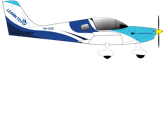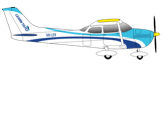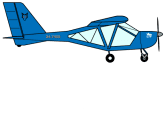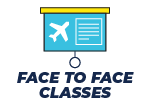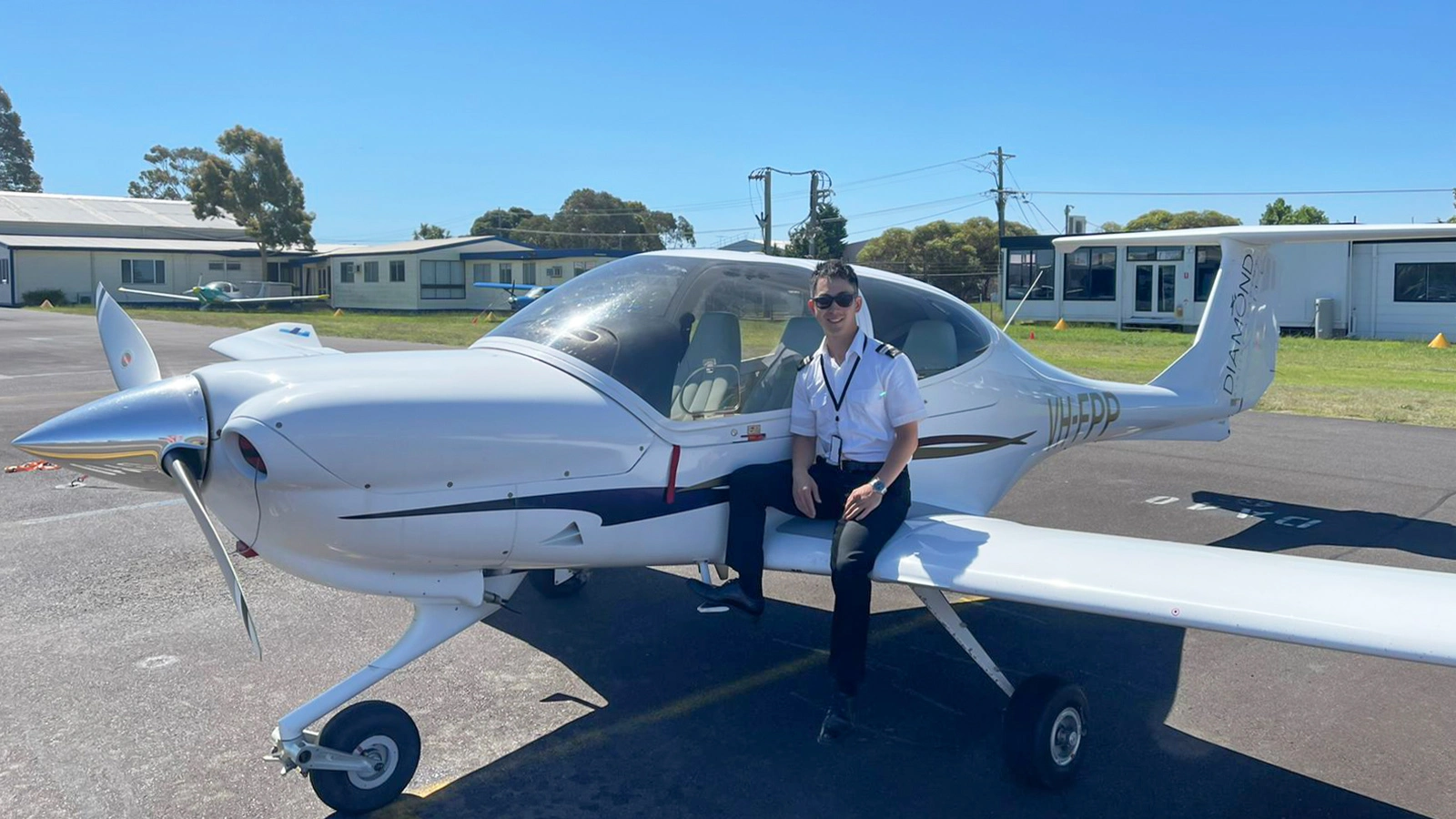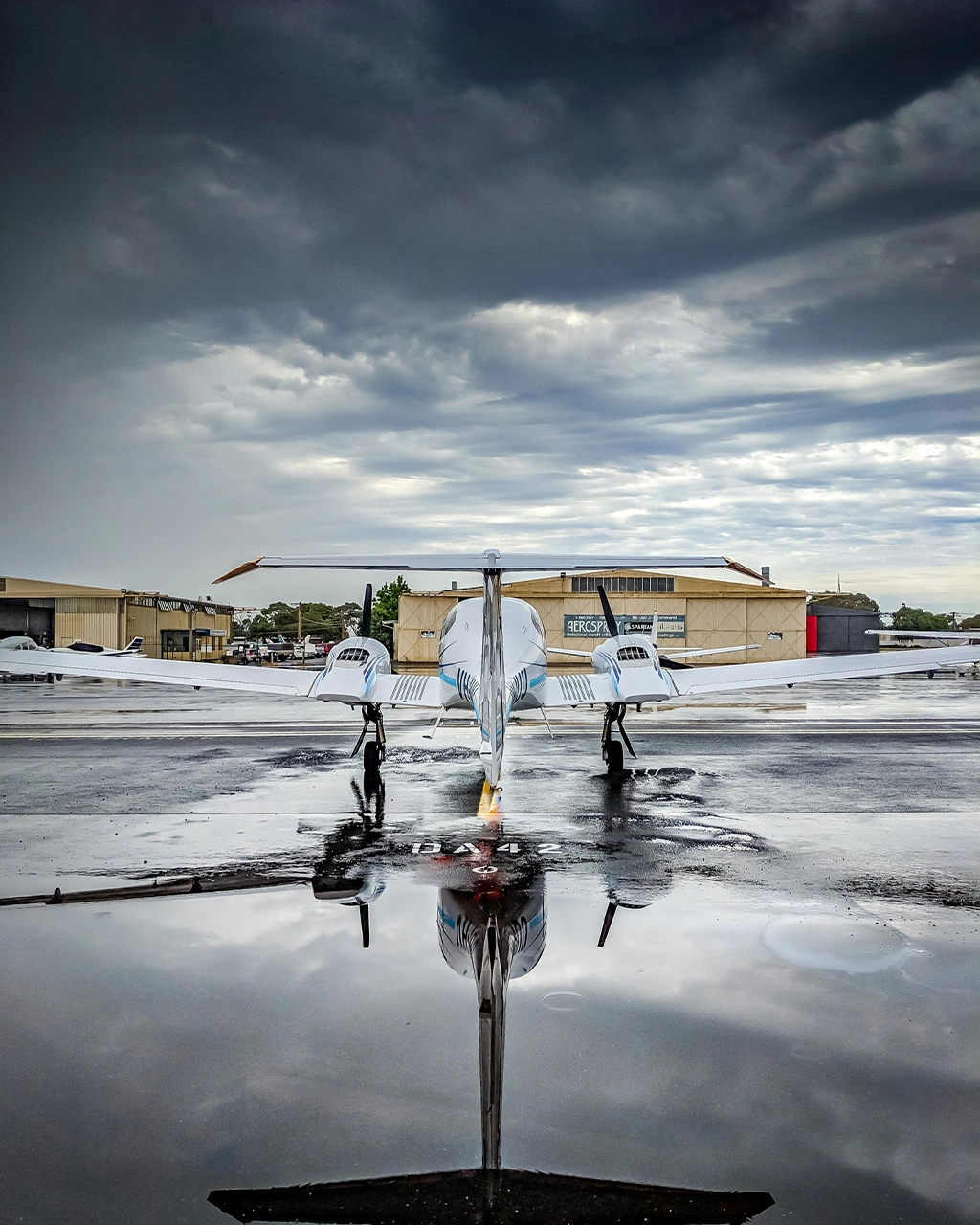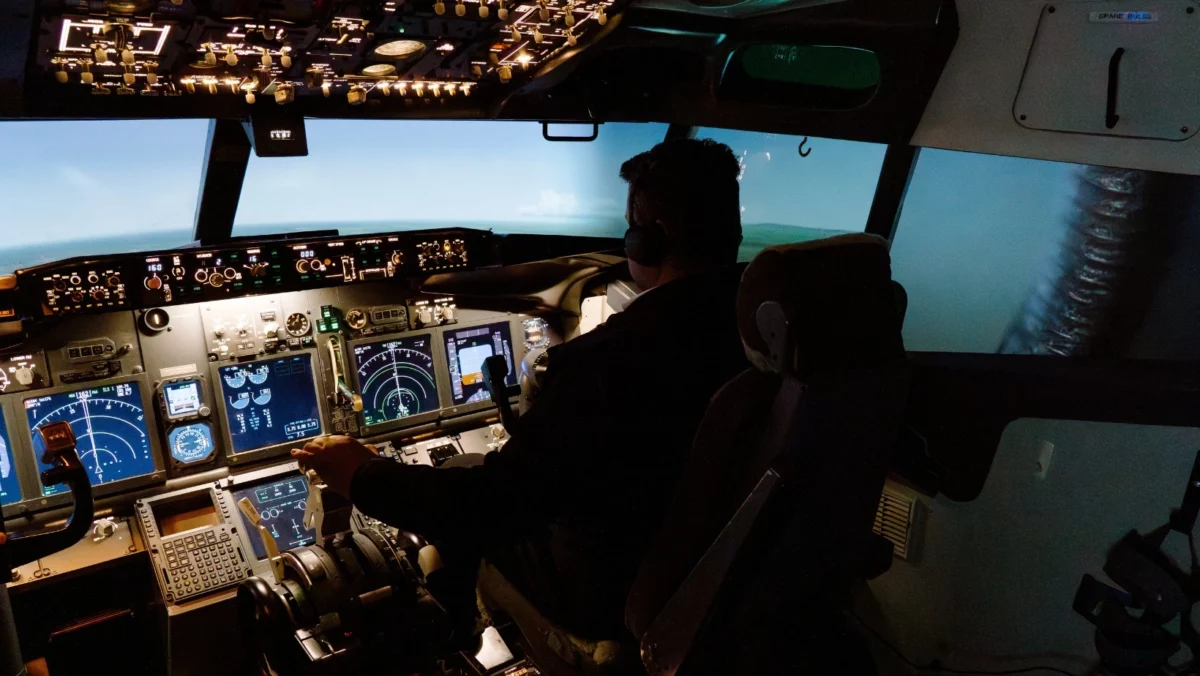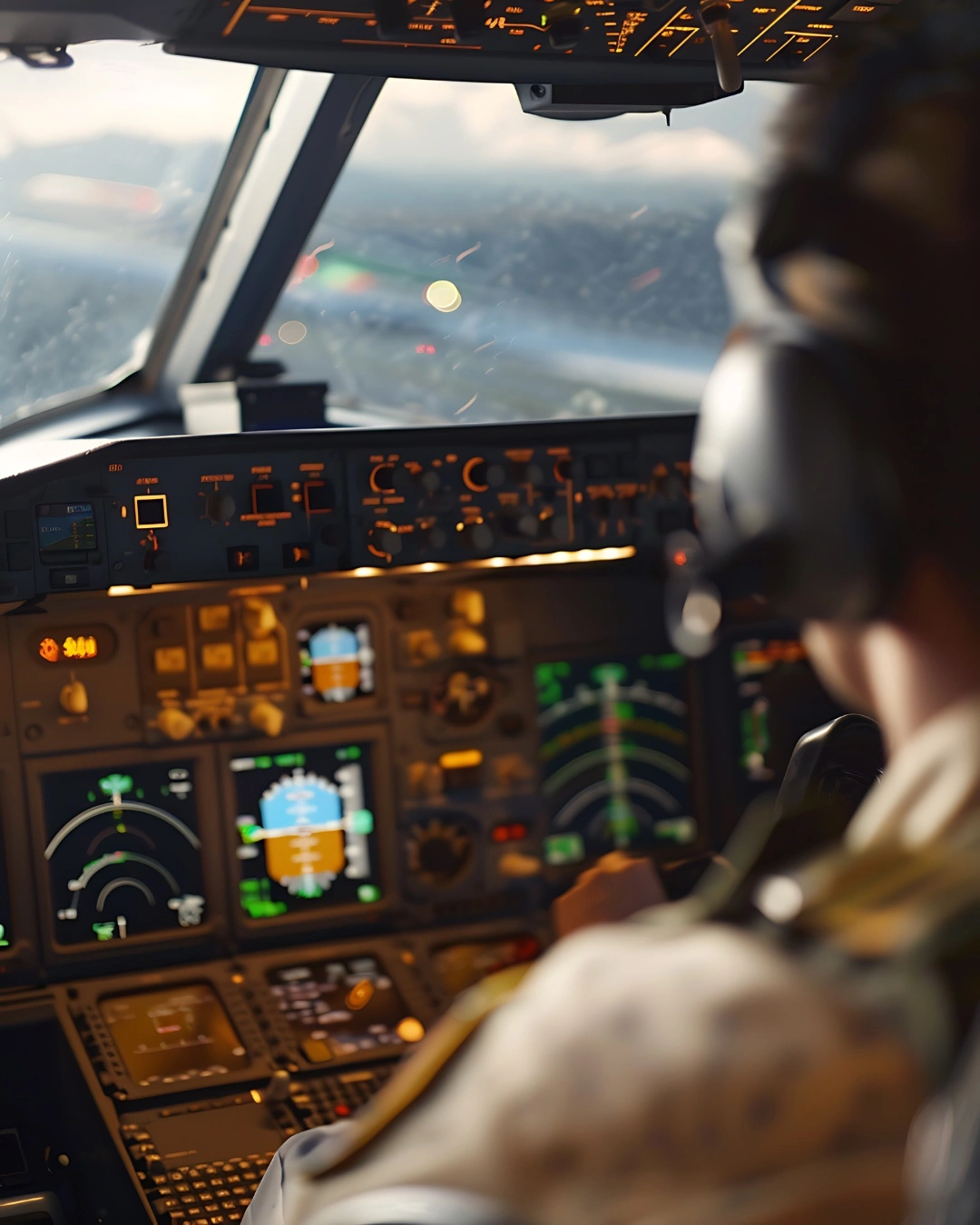
Learn Everywhere.
Air Transport Pilot Licence (ATPL) Theory Courses
Get Ready for Your Airline Pilot Career
Learn To Fly Melbourne has partnered with ATPL Theory, Melbourne’s exclusive ATPL theory school, to offer comprehensive Airline Transport Pilot Licence (ATPL) theory courses. ATPL Theory is the only dedicated ATPL theory school in Melbourne, featuring instructors with extensive training and instructing experience who are passionate about teaching. Completing an ATPL Theory course ensures you receive high-quality, consistent, and specialised ATPL training. The courses and training materials are meticulously designed to prepare you for successfully passing each CASA ATPL examination. The ATPL Theory courses comply with CASR Part 61 Manual of Standards, ensuring the delivery of all required aeronautical knowledge and skills for your future airline career. The team at ATPL Theory is committed to helping you succeed in your ATPL theory journey.
Flexible Delivery Options for ATPL Theory Course
The ATPL Theory course is available in two different delivery methods to accommodate pilots with busy schedules or those unable to attend in person. Our course options include:
1. Face to Face: Scheduled group classes taught at ATPL Theory’s state-of-the-art training facility in Melbourne;
2. PAYG: You can schedule a one-on-one training session, either via Zoom or face-to-face. Instructors can review the subject with you directly, or if you prefer to study first and then ask questions, this approach can also help you save money.
-
1. Navigation
ATPL Navigation (ANAV) theory focuses on advanced navigation concepts essential for airline pilots. It covers topics such as radio navigation aids, GPS, and modern navigation systems, ensuring pilots can effectively plan and execute flights while maintaining precise aircraft positioning and safety.
-
2. Aerodynamics & Systems
ATPL Aerodynamics & Systems (AASA) covers the advanced principles of aerodynamics and the systems used in modern aircraft. This subject includes studying the forces acting on an aircraft, performance characteristics, aircraft stability and control, as well as detailed knowledge of aircraft systems such as jet engines, hydraulics, electrical, and avionics. This comprehensive understanding is essential for managing and troubleshooting aircraft systems in a professional airline environment.
-
3. Performance and Loading
ATPL Performance and Loading (APLA) focuses on the performance characteristics of an aircraft and the principles of weight and balance. Topics include calculating takeoff and landing distances, fuel consumption, and optimizing aircraft performance under various conditions. Understanding these principles is crucial for ensuring safe and efficient flight operations.
-
4. Flight Planning
ATPL Flight Planning (AFPA) involves the detailed process of planning a flight, including route selection, fuel requirements, alternate airports, and complying with air traffic control regulations. This subject teaches pilots how to create comprehensive flight plans that ensure safety, efficiency, and adherence to regulatory requirements.
-
5. Air Law
ATPL Air Law (AALW) encompasses the legal and regulatory framework governing aviation. This subject includes international and national aviation regulations, air traffic control procedures, and the rights and responsibilities of pilots. Familiarity with air law is essential for ensuring compliance with legal standards and maintaining the safety and integrity of flight operations.
-
6. Human Factors
ATPL Human Factors (AHUF) explores the psychological and physiological aspects affecting pilot performance. This subject includes topics such as crew resource management, decision-making processes, communication, stress management, and the impact of fatigue. Understanding human factors is vital for enhancing safety and efficiency in flight operations.
-
7. Meteorology
ATPL Meteorology (AMET) covers the study of weather and its impact on flight operations. This subject includes understanding weather patterns, interpreting meteorological data, and anticipating weather-related challenges. Knowledge of meteorology helps pilots make informed decisions to ensure safe flight operations under various weather conditions.
Supercharged by Learn To Fly
Course Content
Every student pilot should enjoy flying. Learn To Fly is constantly creating resources to help students do just that. Not only modern aircraft, but also facilities, experienced instructors and curriculums to create magical learning experiences and make every moment of air time worth it.
See why there’s no better place to learn to fly.
Our Graduate
Be a Learn To Fly Success Story!“We love to share the success stories of our students here at LTF. Chat with one of our flight training specialists to see if this training pathway is for you, and we’d love to share your picture and story here when you graduate!”
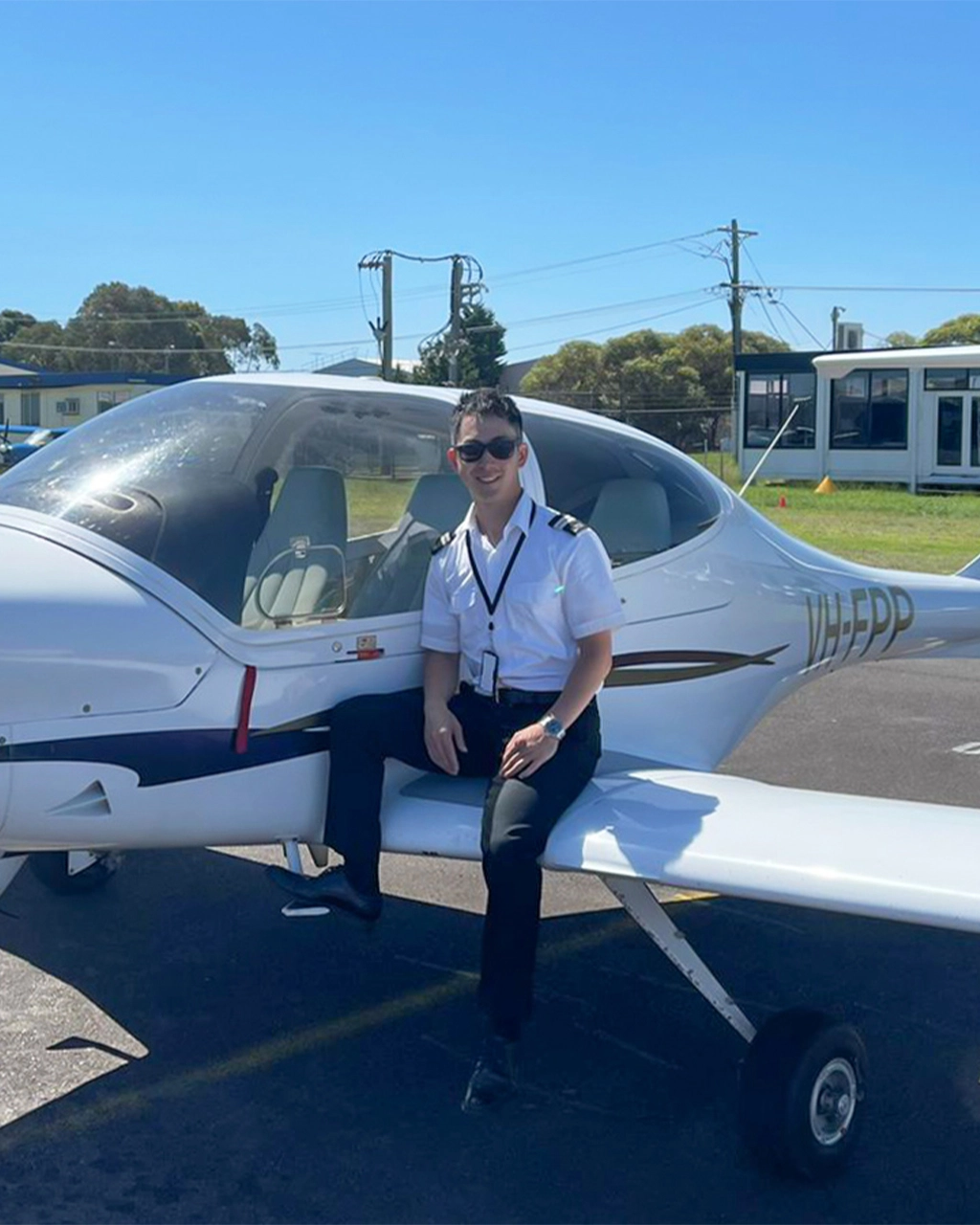
Start Your Flight Training Now.
Download Our FREE Course Guide
Our training program will support your learning and develop your flying skills in and out of the classroom. For detailed information on the course, including program introduction, prerequisites, training syllabus, fees and more, please download our FREE Course Guide.


